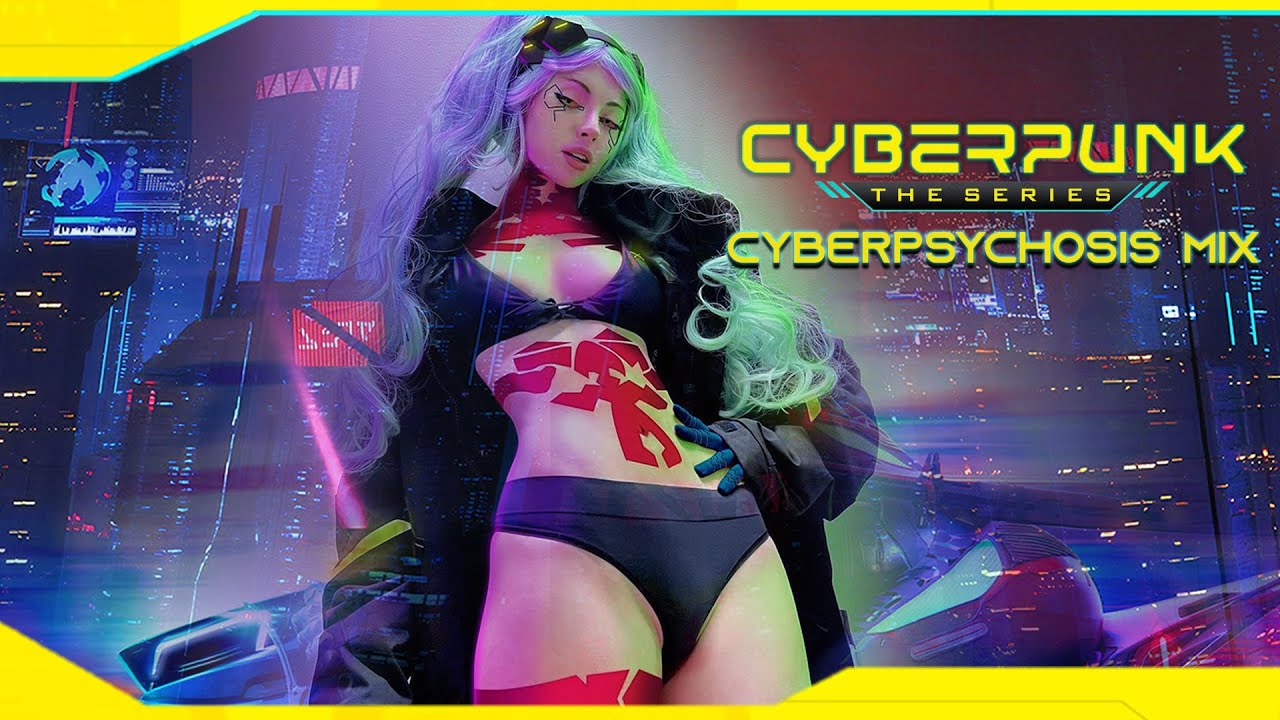Neon and Noise: The Soundscape of Cyberpunk
In the cyberpunk genre, where high-tech meets low life under neon glows, sound plays a pivotal role in shaping the atmosphere. The auditory elements in cyberpunk films, games, and literature do more than merely accompany the narrative; they enhance the thematic depth and emotional resonance, immersing audiences into a world where the digital and the dystopian converge.
The soundscape of a cyberpunk setting is as integral as its visual counterpart. It often combines layers of electronic music with ambient city sounds to create a feeling of dense, oppressive urban environments interspersed with moments of high-energy action. These soundscapes reflect the juxtaposition at the heart of cyberpunk: the old and the new, the organic and the synthetic, the opulent and the decayed.
In film, directors like Ridley Scott in "Blade Runner" and the Wachowskis in "The Matrix" have masterfully used sound to complement their visual storytelling, creating immersive worlds that are immediately recognizable. Video games such as "Cyberpunk 2077" and "Deus Ex" employ dynamic soundtracks that adapt to player actions, enhancing the interactivity and impact of the game world.
In literature, although sound must be imagined by the reader, authors like William Gibson and Philip K. Dick describe sonic environments in a way that readers can almost hear the buzz of neon signs and the cacophony of crowded marketplaces. Their detailed descriptions help build a sensory-rich world that pulls the reader deeper into the narrative.
The soundscape of cyberpunk is a critical element that shapes the thematic and emotional landscape of this genre. By blending synthesized music with the ambient sounds of futuristic cities and the mechanical noises of omnipresent technology, creators craft an auditory experience that is as rich and complex as the visual and narrative layers of the genre. These soundscapes not only reinforce the cyberpunk setting but also enhance the storytelling, making the experience of the narrative deeply immersive and resonant.

Neon and Noise:
